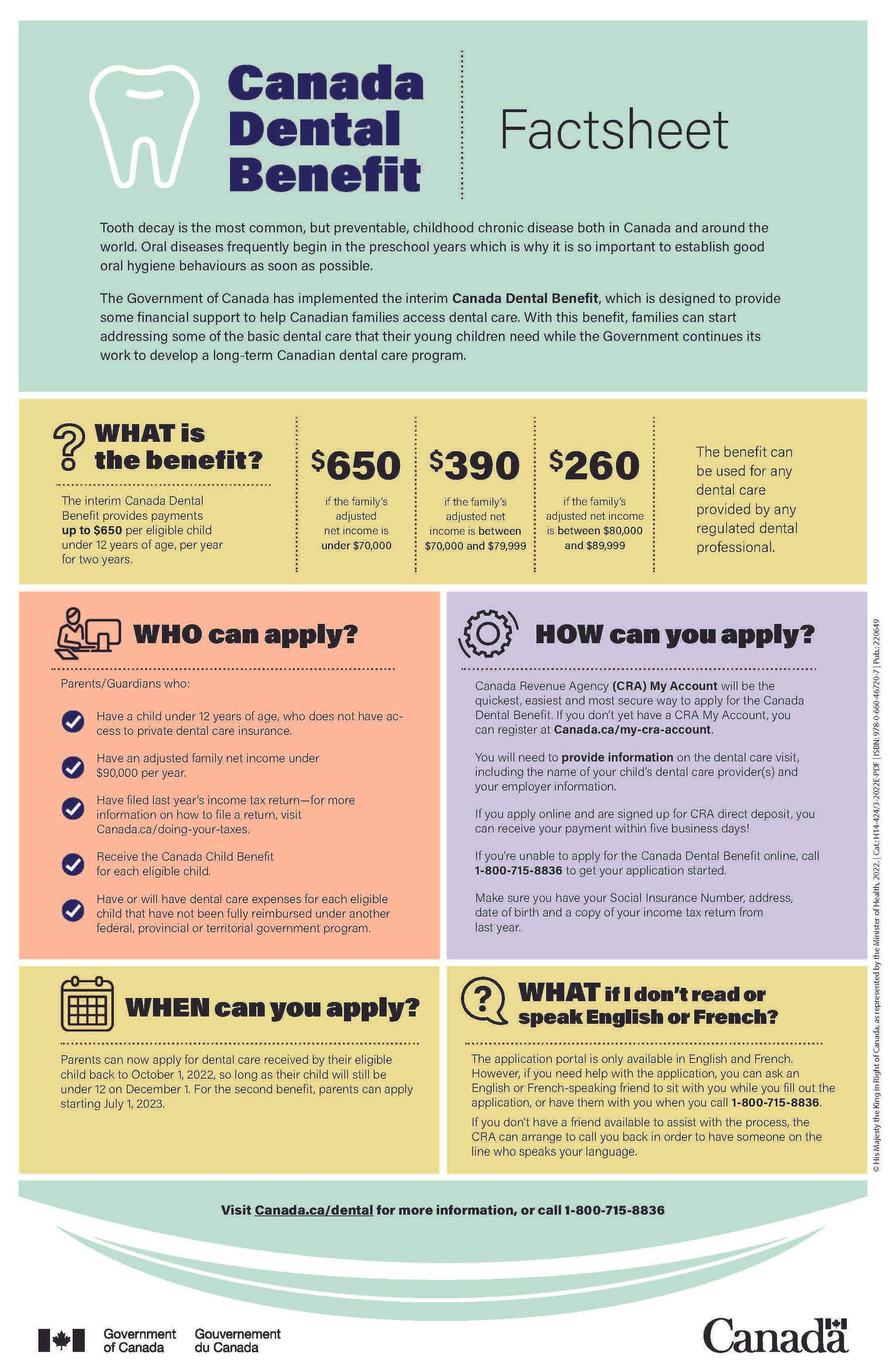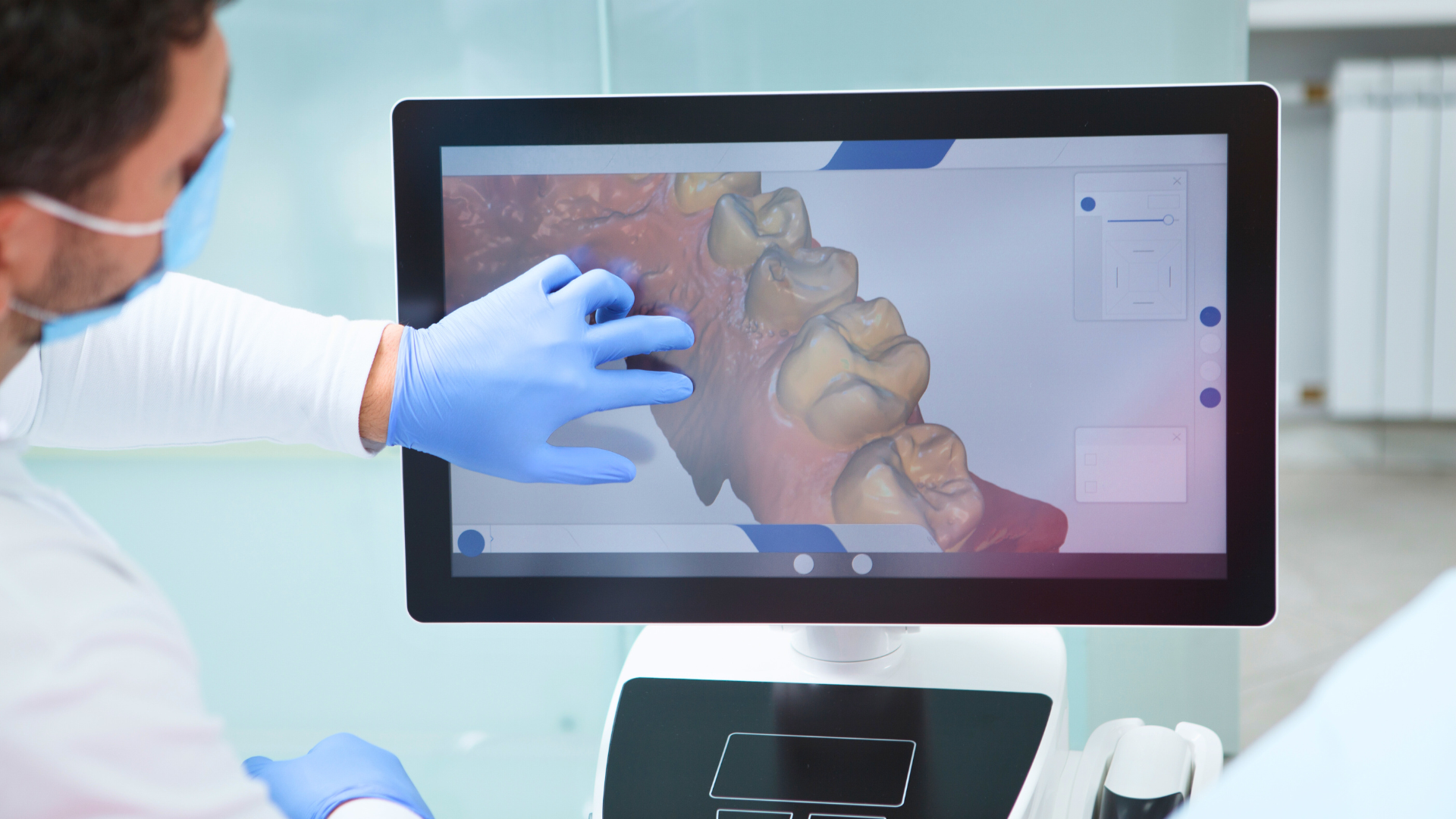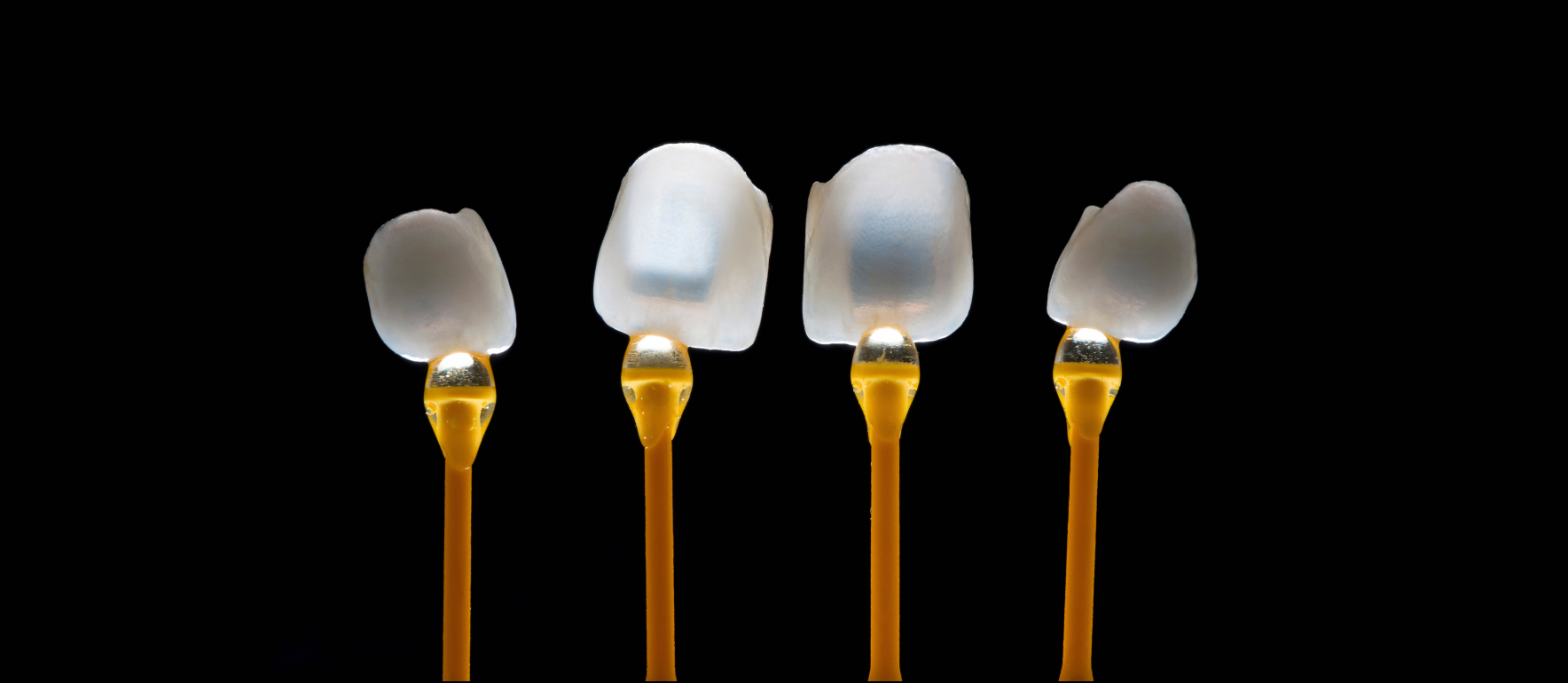by Evolve Dental Studio
•
14 May 2024
Are you experiencing a sharp, throbbing pain in your mouth that just won’t go away? If so, you might be suffering from a toothache. Toothaches are a common dental problem that can range from mild discomfort to severe pain, and they can be caused by a variety of factors. In this blog post, we’ll explore what toothaches are, what causes them, and how you can find relief. What is a Toothache? A toothache is pain that originates from a tooth or the surrounding area. It can be caused by a variety of issues, including dental decay, infection, injury, or even sinus problems. Toothaches can vary in severity and may be accompanied by swelling, sensitivity to hot or cold temperatures, or even fever in some cases. Common Causes of Toothaches Dental Decay (Cavities): One of the most common causes of toothaches is dental decay, also known as cavities. When bacteria in the mouth produce acids that attack the enamel of the tooth, it can lead to the formation of small holes or cavities. These cavities can expose the sensitive inner layers of the tooth, leading to pain and sensitivity. Gum Disease: Gum disease, also known as periodontal disease, occurs when the tissues surrounding the teeth become infected or inflamed. This can cause the gums to recede, exposing the roots of the teeth and leading to tooth sensitivity and pain. Dental Abscess: A dental abscess is a pocket of pus that forms in or around a tooth due to a bacterial infection. It can cause severe, throbbing pain, as well as swelling and redness in the affected area. Dental abscesses require prompt treatment to prevent further complications. Tooth Fractures: Fractured or cracked teeth can also lead to toothaches. When a tooth is cracked or broken, it can expose the sensitive inner layers of the tooth, causing pain and sensitivity, especially when biting or chewing. Sinus Infections: Sometimes, toothaches can be caused by issues outside of the mouth, such as sinus infections. Sinus infections can cause pressure to build up in the sinuses, leading to pain and discomfort in the teeth and jaw. Finding Relief from Toothaches If you’re experiencing a toothache, it’s essential to see a dentist as soon as possible to determine the underlying cause and receive appropriate treatment. In the meantime, there are a few things you can do to alleviate the pain: Rinse your mouth with warm salt water to help reduce inflammation and kill bacteria. Use over-the-counter pain relievers, such as ibuprofen or acetaminophen, to help manage the pain. Apply a cold compress to the outside of your cheek to help reduce swelling and numb the area. Avoid chewing on the side of your mouth that’s experiencing pain, and stick to soft foods to prevent further irritation. Preventing Toothaches While some toothaches are unavoidable, there are steps you can take to reduce your risk of experiencing them: Practice good oral hygiene by brushing your teeth twice a day and flossing daily to remove plaque and bacteria. Visit your dentist regularly for check-ups and cleanings to catch any potential issues early. Avoid consuming sugary foods and drinks, as they can contribute to dental decay. Wear a mouthguard if you grind your teeth at night to protect them from damage. Toothaches can be caused by a variety of factors, including dental decay, gum disease, dental abscesses, tooth fractures, and sinus infections. If you’re experiencing a toothache, it’s essential to see a dentist for proper diagnosis and treatment. In the meantime, you can try various home remedies to alleviate the pain and discomfort. By practicing good oral hygiene and taking steps to prevent dental problems, you can reduce your risk of experiencing toothaches in the future.











